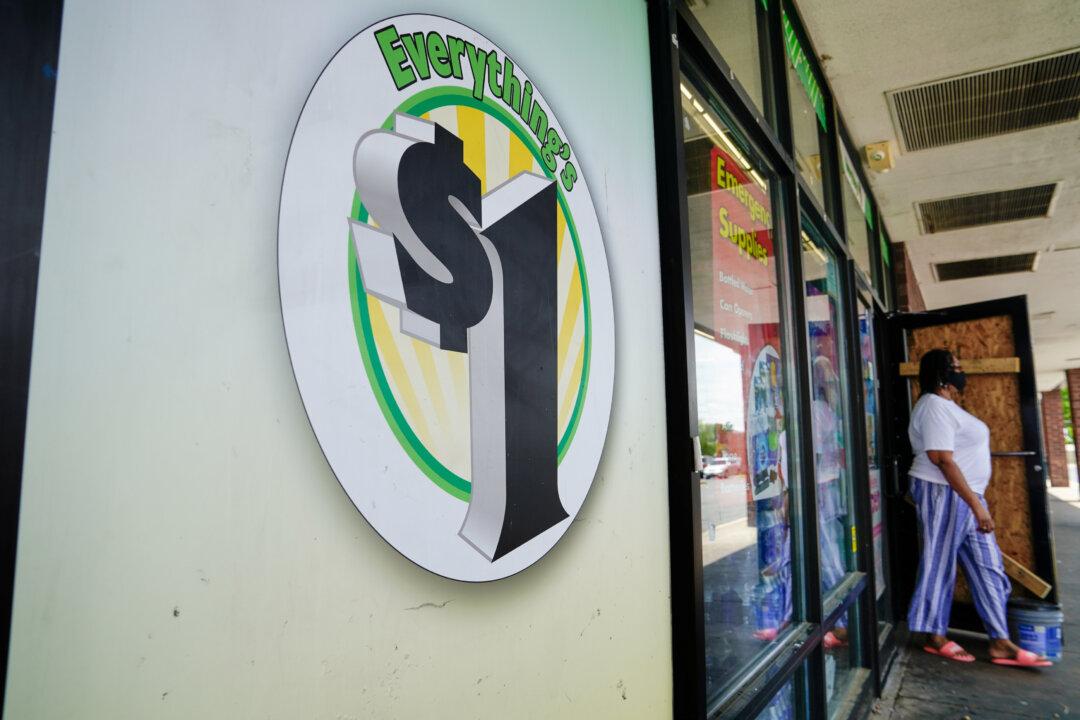Commentary
Tucker Carlson has been a brave and erudite commentator for some years now, but I’m not alone in noticing a long shift in his overall attitude toward market economics and capitalism generally. In particular, he has now gone after libertarianism by name.





